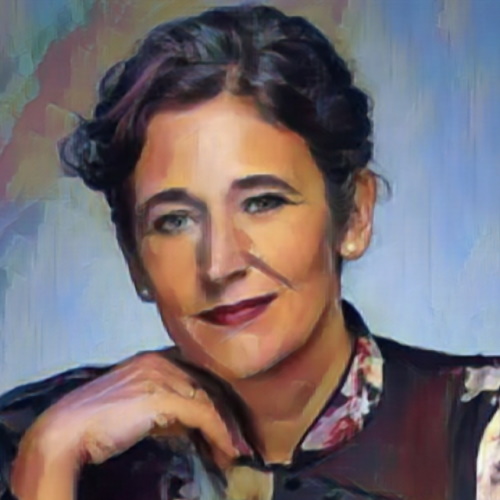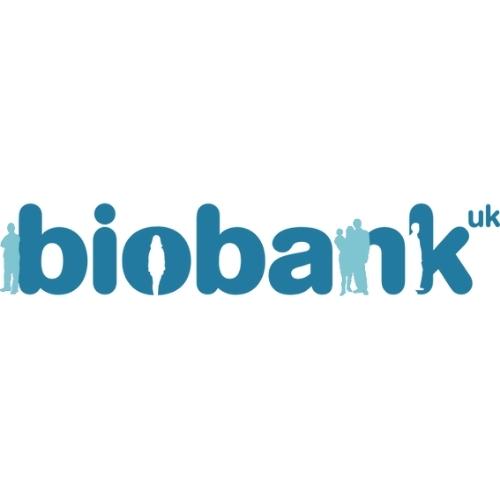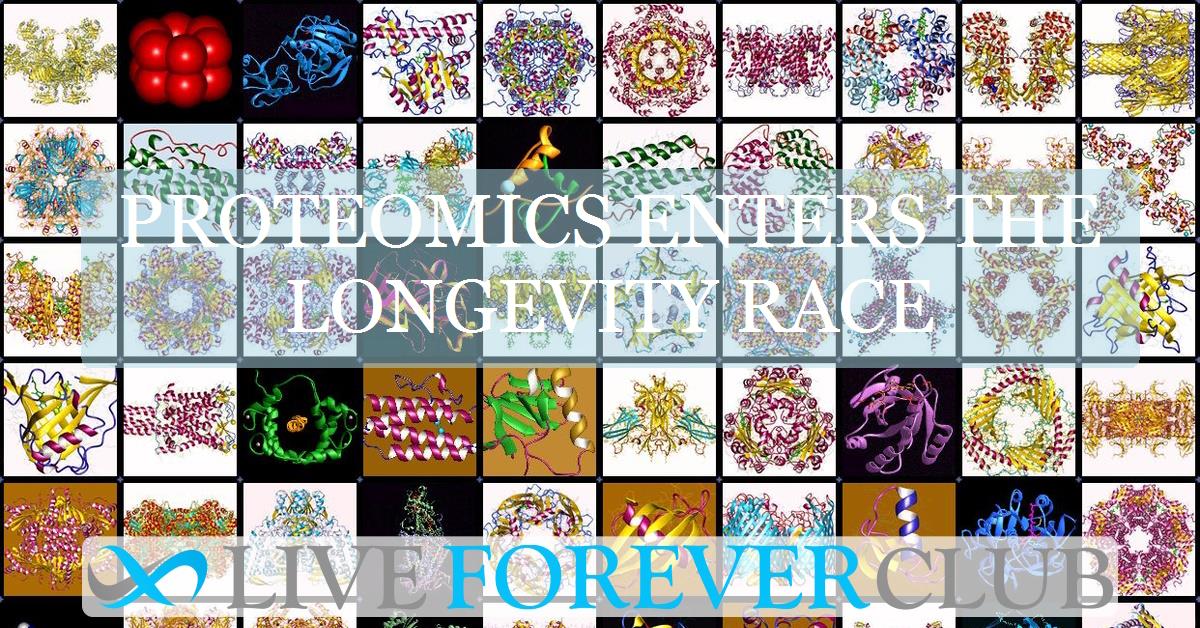Key points from article :
Scientists and longevity experts are increasingly turning to a cutting-edge tool called proteomics—a blood plasma test that measures thousands of proteins in real time—to assess how individual organs are ageing. Unlike genetic or traditional biological age tests, which reflect predispositions or epigenetic changes, proteomics offers a dynamic view of organ health based on the body’s actual protein output. This could open the door to personalized health advice—from evaluating how alcohol or diet affects your body to making critical decisions about medications or supplements.
At the forefront of this movement is a new generation of organ age tests, championed by researchers like Dr. Eric Topol and supported by startups such as Vero, which spun out of Stanford. These tests are already being used in elite longevity clinics and research institutions, albeit at a steep cost (up to $800). Physicians like Dr. Evelyne Bischof and Dr. Andrea Maier are using proteomic insights to tailor interventions such as polyphenol-rich diets or cognitive exercises, depending on how a patient's brain, heart, or other organs are ageing. Dr. Maier even refers to identifying one’s “ageotype”—a sort of ageing fingerprint across different organs.
The potential is vast. Proteomics could one day predict susceptibility to diseases like cancer before symptoms appear. Recent findings from Harvard’s Dr. Vadim Gladyshev, who studied over 50,000 UK Biobank participants, suggest that ageing differs organ by organ—yogurt may help gut ageing, while white wine might benefit arteries but harm the intestines. Such discoveries pave the way for hyper-personalized nutrition and lifestyle advice based on your unique ageing profile.
Despite its promise, experts caution that proteomics isn't quite ready for widespread clinical use due to complexity and variability in the data. Still, researchers are optimistic that as the technology matures and becomes more affordable, proteomics could become a standard tool in preventive medicine—making real-time health optimization and early disease detection a routine part of everyday healthcare.









